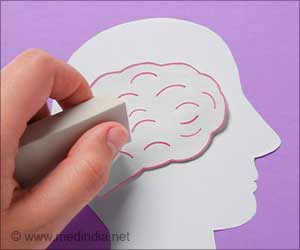Adolescents can reduce weight and increase vitamin D levels in the body by drinking 8 to 12 cups of coffee or tea per week.

Similarly, data regarding tea consumption and vitamin D levels is limited, though it has been reported that excessive consumption of brewed tea can lead to skeletal fluorosis and increased bone mineral density.
In order to determine the association between the frequency of coffee and tea consumption and circulating vitamin D and calcium levels in Saudi adolescents, Abdulaziz Al-Othman and his colleagues from the King Saud University, Riyadh, randomly selected 330 Saudi boys (155) and girls (175) aged 11 to 14 years.
The adolescents were divided into three groups based on 30 ml cup of coffee and tea consumption:
Group I - those who drank 0 to 4 cups of tea or coffee per week,
Group II - those who consumed 5 to 8 cups of tea or coffee per week, and
Frequency of coffee and tea consumption was recorded. Routine analysis of fasting glucose, lipid levels, calcium, albumin and phosphorous were done. 25-hydroxyvitamin D levels were measured using enzyme-linked immunosorbent assays.
The study, thus, found that serum vitamin D level increases as coffee and tea consumption increases.
One of the factors contributing to higher vitamin D levels in heavy coffee drinkers, is the weight reducing effect of coffee. The study found that BMI mean value was significantly decreased in heavy drinkers when compared to low and moderate drinkers. This is because coffee consumption decreases fat tissue by increasing thermogenesis, that is, production of heat in the body, and thereby promoting weight loss in adolescents.
Again heavy coffee drinking stimulates the sympathoadrenal system, consisting of sympathetic nervous system and adrenal glands, which increases break down of fats leading to reduction in obesity and type-2 diabetes. However, this may not be among the healthy ways to lose weight and should not be advised in general.
The study however had two limitations. Comprehensive data on outdoor physical activity and diet, the two most important factors that affect vitamin D levels in the body, was lacking. And, the type of coffee and tea used were also not taken into consideration. Excessive tea and coffee intake have been associated with other adverse effects like increased gastric acidity. These factors should be kept in mind before deciding to take or advising others to start drinking excessive tea or coffee.
Reference: Al-Othman, A. et. al. Tea and coffee consumption in relation to vitamin D and calcium levels in Saudi adolescents. Nutrition Journal 2012, 11:56 doi:10.1186/1475-2891-11-56
Source-Medindia















